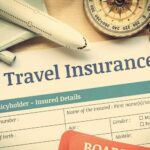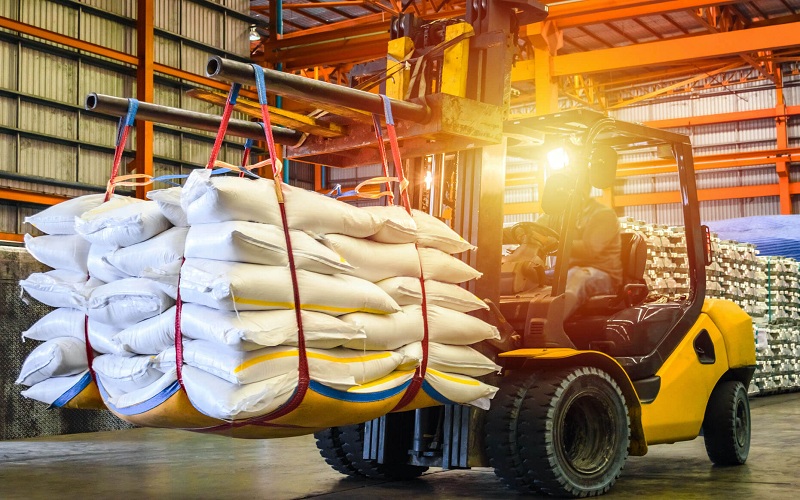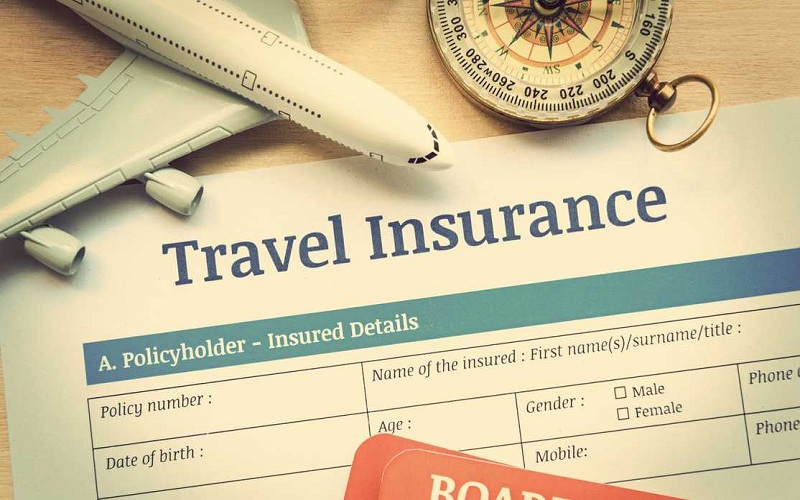Roughly 95% of all of the goods exported from the U.S. don’t require any special licensing. They only require that Schedule B numbers be assigned. But about 5% do require a special license from the U.S. Department of Commerce. Such goods are assigned an Export Control Classification Number (ECCN).
Note that ECCNs should not be confused with Schedule B, HS, or HTS codes. They are completely different and have nothing to do with export licensing. The ECCN only applies to a small number of exported goods that, for one reason or another, are restricted for export.
Goods Requiring a License
Vigilant Global Trade Services is an Ohio company that specializes in worldwide import and export classification, among other things. They say that most goods requiring a license are in some way related to military operations or what the government considers ‘proliferation’. Restricted goods can be dual use – meaning that have both commercial and military applications – or single use.
Examples include things like munitions, chemicals in biological materials, and certain types of electronic devices and gadgets – including computers. The government publishes what is known as the Commerce Control List (CCL). Exporters can consult it to determine whether or not goods require an export license.
Obtaining a License
Export licenses are the domain of the Commerce Department’s Bureau of Industry and Security (BIS). To obtain a license, one must first go to the BIS website and create an account. From there, an application is completed and submitted.
With license in hand, the exporter can go about their business. It should be noted that licensing is exclusive to businesses exporting large volumes of goods. Any organization or individual wishing to export something that is on the government CCL must have a license to do so.
Obtaining an ECCN
While a license gives you the ability to export restricted goods, your goods still need an ECCN attached. The ECCN is a five-character alphanumeric number with three parts. The first character is a category number. The second character, a letter, designates product group. The final three characters reference licensing control.
There are a number of ways to find the correct number for a particular product. The first is to check with the manufacturer, assuming you are not the manufacturer yourself. Manufacturers usually have numbers if they routinely export the goods in question.
The second option is to go directly to the CCL and try to figure things out yourself. If that fails, you can always visit the BIS website and request a number be generated for you. To do so, you would use your BIS online account to submit the BIS-748P form. It generally takes 3 to 4 weeks to get a number.
Coding Unlicensed Goods
As previously stated, the ECCN is separate from Schedule B codes normally assigned to exports. Even if you are exporting goods requiring an export license and ECCN, you still need to assign Schedule B numbers according to Census Bureau regulations. Of course, all unlicensed goods must be coded as well.
Schedule B numbers are codes based on U.S. Harmonized Tariff System (HTS) codes, which are actually based on international Harmonized System (HS) codes. The codes tell customs officials around the world what types of goods are entering their countries.
Between ECCN, Schedule B, HS, and HTS codes, there are a lot of numbers assigned to export goods. A small number of those goods require a license to export. If you export any restricted items, make sure you have a license and a number. You do not want to run afoul of the Commerce Department.

 Optimising Employee Transport Management: Top Strategies for Efficient Commutes
Optimising Employee Transport Management: Top Strategies for Efficient Commutes  The Ultimate Guide to Choosing the Right Lifting Slings for Your Project
The Ultimate Guide to Choosing the Right Lifting Slings for Your Project  Easy Steps to Apply Online for Axis Bank Personal Loans
Easy Steps to Apply Online for Axis Bank Personal Loans  Plan a Stress-Free International Trip with Best Foreign Travel Insurance
Plan a Stress-Free International Trip with Best Foreign Travel Insurance  The IPO Process Explained: Steps to Launching a Successful Public Offering
The IPO Process Explained: Steps to Launching a Successful Public Offering  Essential Features to Look for in a Trading Broker
Essential Features to Look for in a Trading Broker  Factors That Influence prices on the Gold Market
Factors That Influence prices on the Gold Market  Personal Loans for Women in India: Empowering Financial Independence
Personal Loans for Women in India: Empowering Financial Independence  Investment and Insurance: The Dual Benefits of Unit Linked Plans
Investment and Insurance: The Dual Benefits of Unit Linked Plans 






